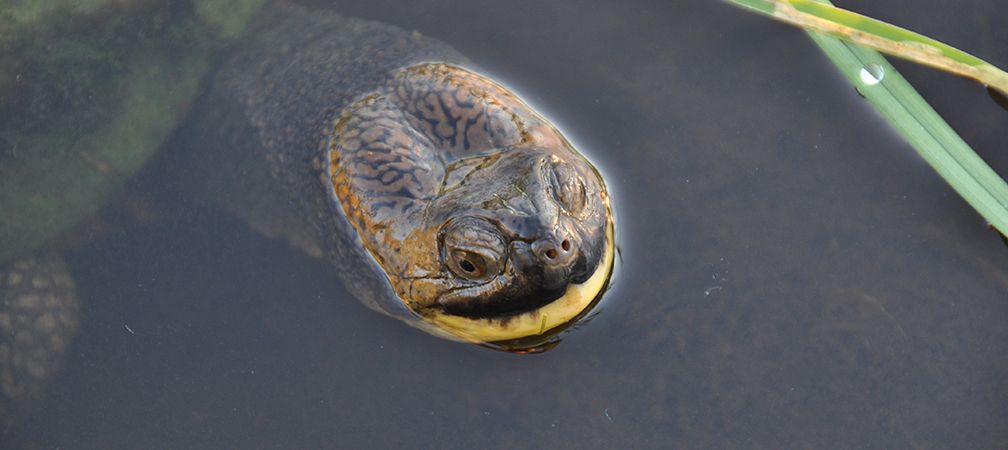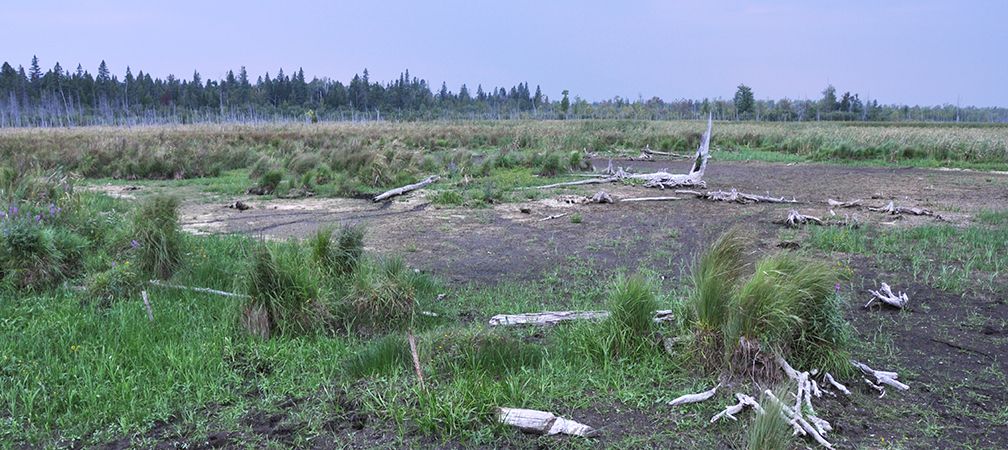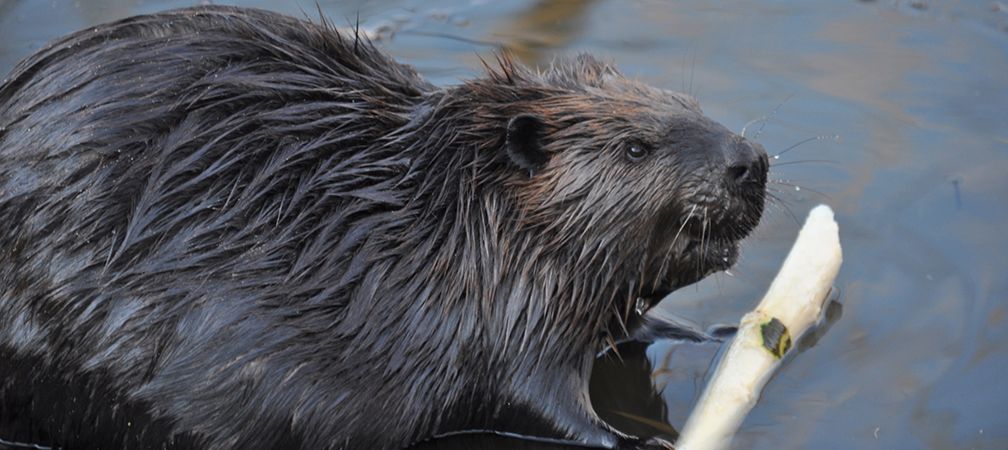Ontario Nature Blog
Receive email alerts about breaking conservation
and environmental news.
© Lora Denis
April 11, 2024–Janet Stavinga
Conservation News•Campaigns and advocacy•Habitat•Nature Network•Wetlands
Lookout over the Goulbourn Wetland Complex, a provincially significant wetland, at the headwaters of Poole Creek, along the Trans Canada Trail just west of Stittsville. © Brian Beattie
In a province already experiencing extensive wetland loss, one would think all efforts would be made to protect those that remain. However, from March 2023 to March 2024, over 156 hectares of wetlands across 17 municipalities lost their provincially significant wetland (PSW) designation and the strong provincial protection that designation imparts.
The highest proportion of these losses, totaling over 55 hectares, occurred within the Goulbourn Wetland Complex, a PSW located west of Stittsville, a growing community within the City of Ottawa. Rather than stepping up to protect Ontario’s remaining wetlands, the Government of Ontario ran in the other direction when they implemented a new, weakened system for identifying and designating PSWs.

The ecological health of wetlands in Ontario continues to be threatened by land conversion for development, invasive species, pollution, artificial modification of water levels by drainage and filling, and climate change. At the same time, nature’s very own nature-based climate solution is irreversibly damaged.
In support of More Homes Built Faster: Ontario’s Housing Supply Action Plan 2022-23, the government introduced and rapidly passed Bill 23, the More Homes Built Faster Act, 2022 supposedly to ensure that our communities would grow with a mix of ownership and rental housing types that would meet the needs of Ontarians.

A host of other proposed legislative, regulatory and policy changes were also posted to the Environmental Registry purporting to support Ontario’s Housing Supply Action Plan. Those changes included attacks on the Greenbelt and changes to the Ontario Wetland Evaluation System (OWES) – the official system for identifying and designating PSWs.
Despite many Ontarians voicing opposition to these changes, a decision was made with a stroke of a pen to proceed with the weakened OWES as proposed. The changes came into full effect on January 1, 2023.
The consequences of this weakened evaluation system are severe. Changes include:

The result is a system that makes it much harder for wetlands to achieve and maintain PSW designation and the protections it imparts, marred by a complete absence of transparency and accountability.
The Government of Ontario speaks boldly to the value of wetlands, including recent comments by the Minister of the Environment, Conservation and Parks that “Wetlands…make up the natural infrastructure that protect us from drought and flooding, while keeping water clean and providing homes for many at-risk species of plants and animals” yet their actions to weaken provincial wetland protections speak otherwise.
With the changes to the OWES, the Government further stated that “Species at risk [will] continue to be afforded protection under the Endangered Species Act, 2007.” Despite these assurances, protections for vulnerable species continue to plummet in the province, as also noted in the 2021 Value for Money Audit: Protecting and Recovering Species at Risk report from the Office of the Auditor General of Ontario.

Wetlands cannot wait until the next election. The Goulbourn Wetland Complex is one of many unique ecological treasures across Ontario. The people of Ontario rallied together to protect the Greenbelt and we sought the reversal of the government’s unilateral decision to expand urban boundaries across Ontario.
Now, more than ever, we need to be unwavering in our efforts to ensure the survival of our wetlands across Ontario – for those species that call them home, for ourselves, and for future generations.
Raise your voice to protect our wetlands – contact the Premier, the Minister of Natural Resources and Forestry, the Minister of the Environment, Conservation and Parks, Minister of Municipal Affairs and Housing and your local MPP. And to learn more about Friends of Stittsville Wetlands, please visit their website.
“What is the use of a fine house if you haven’t got a tolerable planet to put it on.”
– Henry David Thoreau

Gananoque Lake Nature Reserve © Smera Sukumar
This is also the result of massive population increase which is a deliberate part of strategy to expand all major industries – finance, housing, construction, extracion, logging, auto, roads, and every sort of consumption that benefits all industries, the top earners, while both causing
a) massive sprawl
b) massive loss of greenspace and beauty within existing urban areas.
Also massive competition and overwhelming education, healthcare, and human welfare, massive rise in housing costs due to demand
In my community we are trying to save this wetland but failing https://www.facebook.com/groups/1596971297313181/media
These wetlands cannot be replaced. nor can eliminating them help our environment in any way!! Stop destroying nature!!
Doug Ford and his government are a clear and present danger to the natural world. They know not what they do. Or, more likely, they just don’t care.
Save our wetlands
Good work. Keep it up.
Please stop making short-term destructive decisions before it is too late. We are nature.
We all should know by now that short-sighted governmental goals without environmental vision and protections are ruinous for our planet and its future!
Thank you for caring! So much wildlife is dependent on good stewardship of what we have!
It’s one thing to feign ignorance of the importance of wetlands, and a whole other level of bombastic arrogance to press on with in the development of these vital/ sensitive ecosystems purely for economic greed by the Doug Ford Conservatives!
Collectively, we must fight this irresponsible behavior!